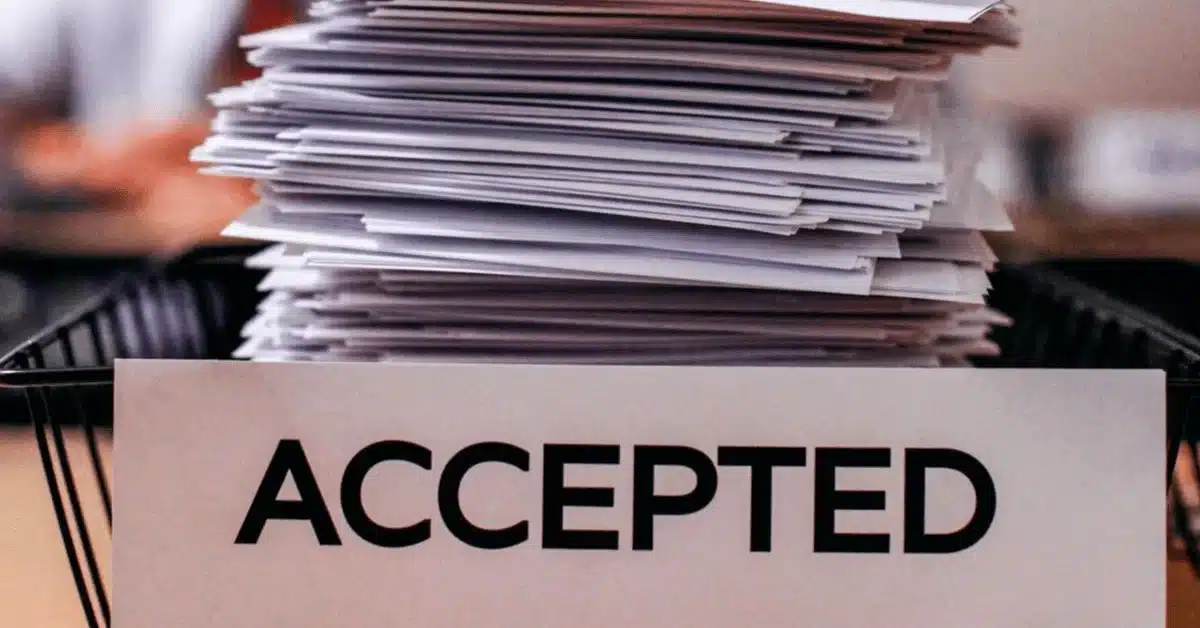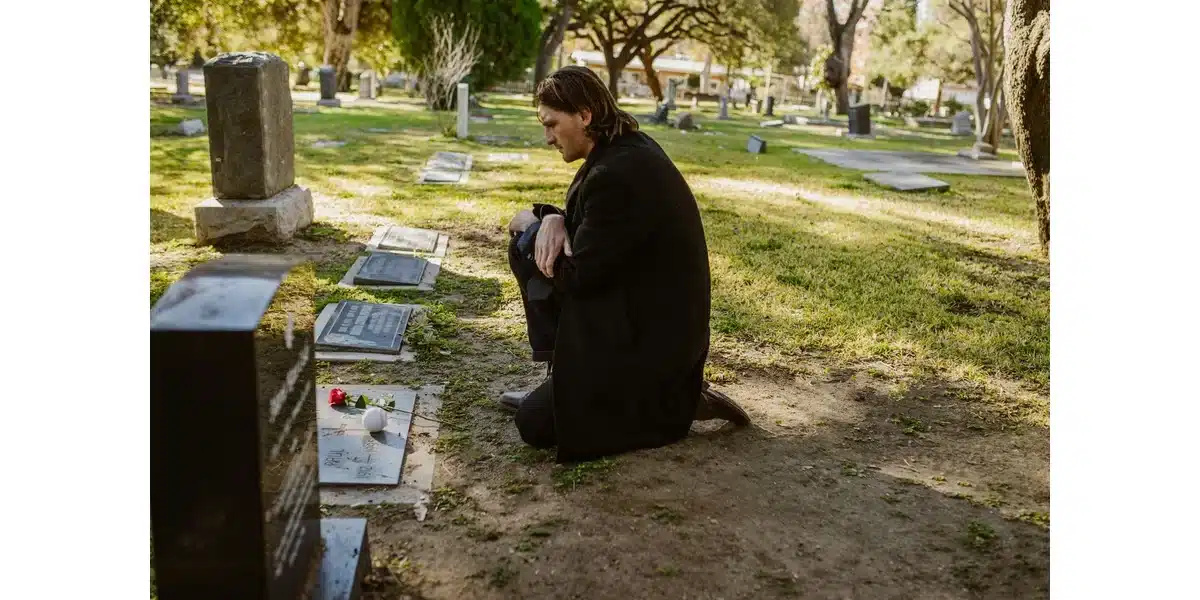If your daughter dies, whether or not your son-in-law will inherit your estate depends on the specific terms of your will and the inheritance laws in your jurisdiction.
In Australia, unless explicitly stated in your will, your estate would not automatically pass to your son-in-law.
Instead, your estate would be distributed according to your wishes outlined in your will or, if no will exists, according to the rules of intestacy.
Understanding Inheritance Laws in Australia
Will Provisions
The primary determinant of who inherits your estate is your will. If you wish for your son-in-law to inherit part or all of your estate, you must specify this in your will.
Without such provisions, your estate will be distributed according to your outlined preferences, which typically prioritise direct descendants and close relatives over in-laws.
Intestacy Rules
If you die without a valid will, your estate will be subject to intestacy laws. In Australia, these laws vary by state but generally prioritise spouses and children.
In the absence of a direct descendant or spouse, the estate may go to other relatives.
Son-in-laws are not usually considered under these rules unless they fall into another category, such as the guardian of your grandchildren.
Key Takeaway: Without a will, intestacy laws will distribute your estate, likely excluding your son-in-law unless specific circumstances apply.
Also read: Unclaimed Inheritance Australia
Steps to Ensure Your Desired Distribution
Drafting a Clear Will
To ensure your estate is distributed according to your wishes, it is advisable to draft a clear and detailed will. This document should explicitly state who you want to inherit your estate, including any provisions for your son-in-law, if that is your preference.
Key Takeaway: A well-drafted will is the most reliable way to ensure your estate is distributed according to your wishes, including provisions for in-laws.
Regular Updates to Your Will
It is important to review and update your will regularly, especially after major life events such as the death of a child. This ensures that all changes in your family circumstances are reflected in your estate planning.
Key Takeaway: Regularly update your will to reflect any changes in your family and ensure your current wishes are honoured.
Need a Lawyer?
Considering Trusts and Other Arrangements
Establishing Trusts
Another option to consider is establishing a trust. Trusts can provide more control over how and when your assets are distributed. This can be particularly useful if you want to ensure that your son-in-law or other specific individuals benefit from your estate under certain conditions.
Also read: Can I Live in a Property Owned by My Family Trust
Seeking Legal Advice
Given the complexities of inheritance law, seeking legal advice is highly advisable. An estate planning lawyer can help you understand your options and ensure your wishes are legally documented and enforceable.
Overall Key Takeaway
To ensure your son-in-law or any specific individual inherits your estate, it is crucial to have a clear and updated will, consider establishing trusts for more control, and seek professional legal advice to navigate the complexities of inheritance laws in Australia.
If your daughter dies, your son-in-law will not automatically inherit your estate in Australia. It is imperative to have a clear, updated will that specifies your wishes on whether to include him as a beneficiary.
Understanding and navigating inheritance laws can be complex, but with careful planning and legal guidance, you can ensure your estate is distributed according to your preferences.




